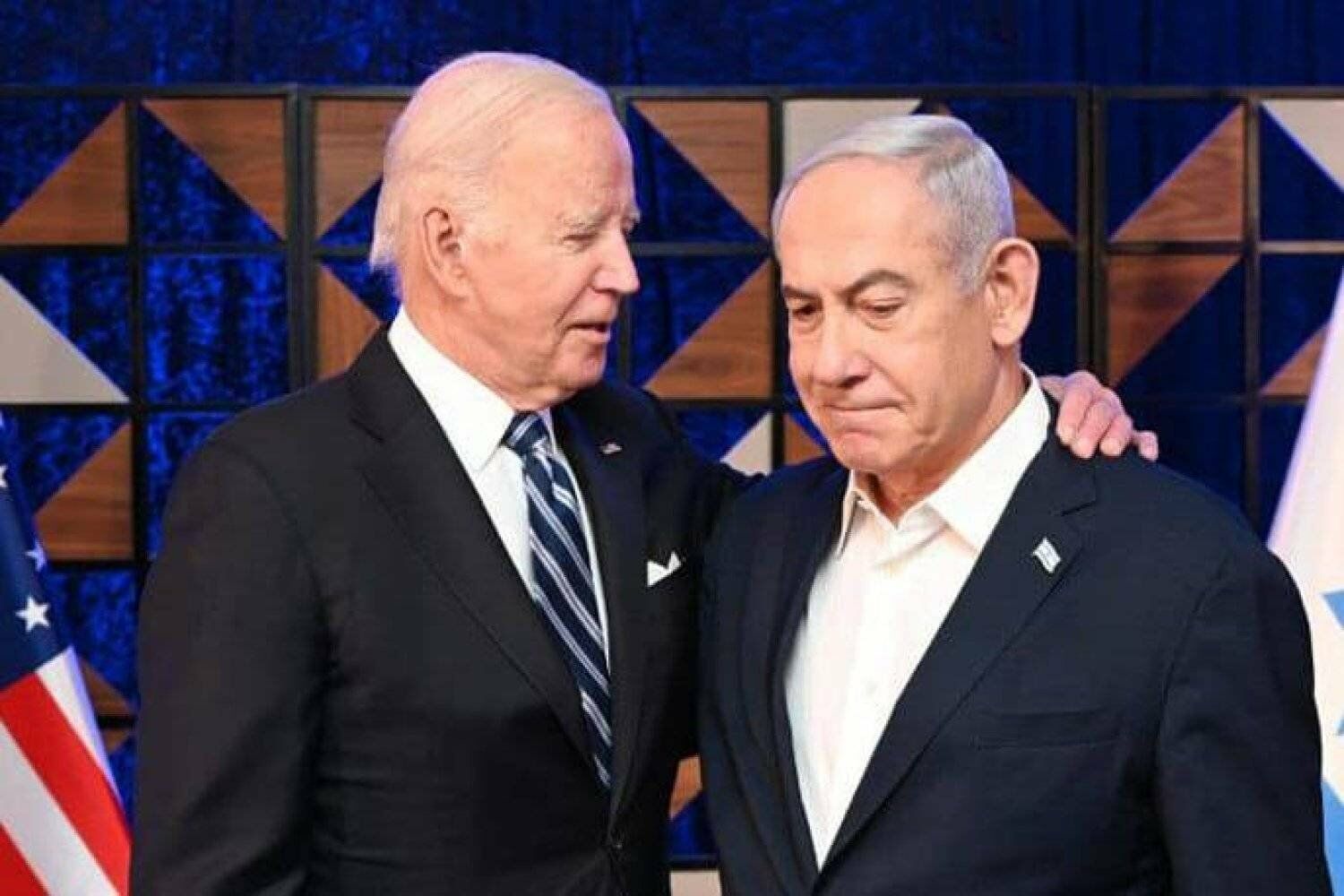IIC chief goes after Israeli and Hamas leaders in legal showdown

The chief prosecutor of the International Criminal Court (ICC) lodged applications for arrest warrants against prominent Israeli and Hamas figures, in a move marking a significant escalation in legal actions against leaders of both sides. But that’s not all. Alonso Gurmendi, an international law expert at King’s College London, stated that the West must have a moral conscience and decide whether international criminal justice is a cause to champion.
Karim Khan, the ICC’s chief prosecutor, announced yesterday, May 20, that he has “reasonable grounds” to suspect Israeli Prime Minister Benjamin Netanyahu and Defence Minister Yoav Gallant of involvement in war crimes and crimes against humanity in the Gaza Strip. Khan cited incidents dating back to the start of Israel’s offensive in Gaza, a conflict that has claimed the lives of over 35,000 Palestinians.
Accusations levelled against Netanyahu and Gallant include the alleged use of starvation as a method of warfare against Palestinians, as well as the deliberate targeting of civilians and the sanctioning of what Khan termed “extermination and/or murder” of Palestinians in Gaza.
Additionally, senior Hamas figures Yahya Sinwar, Mohamed Diab Ibrahim al-Masri (also known as Mohamed Deif), and Ismail Haniyeh are implicated in overseeing crimes against Israeli communities during an attack on October 7, which resulted in the deaths of 1,139 individuals and the capture of 250 others in southern Israel.
Potential charges for these individuals encompass offences such as “killing and extermination,” “taking hostages,” and overseeing acts of torture and other inhumane practices.
The decision to target Netanyahu and Gallant carries profound implications, marking the first instance where an ICC chief prosecutor has sought to indict leaders of a United States ally.
Arrest warrants
A panel of judges within the ICC’s pre-trial chamber will now scrutinise Khan’s request for arrest warrants over the coming months. Gurmendi expressed confidence that the indictments against both Israeli and Hamas leaders will likely gain approval, though he noted that past requests have occasionally been denied.
Gurmendi stressed the necessity for the pre-trial chamber to establish “reasonable grounds” implicating the individuals under ICC jurisdiction. The ICC was granted authority over crimes committed in the occupied Palestinian territory in 2015.
“What is unfolding in Gaza constitutes a blatant display of criminality. The conduct described by Khan mirrors what is evident on the ground. I fail to see any disparity between the accused’s actions and the warrants issued.”
Concerns have been raised regarding potential efforts by Israel’s allies to influence the judges’ decision regarding Khan’s arrest warrants for Israeli leaders. Balkees Jarrah, associate director of the international justice programme at Human Rights Watch, called on ICC member states to safeguard the court’s independence amid anticipated pressure while the judges deliberate Khan’s request.
Hamas leadership has vehemently opposed Khan’s warrant requests, denouncing the chief prosecutor’s actions as equating “the victim with the executioner.”
Israeli politicians, led by Netanyahu, have similarly rejected the requests, with the prime minister dismissing any comparison between Israel and Hamas as “disgusting.”
Anti-Semitism
Benny Gantz, a member of Israel’s war cabinet, along with far-right ministers Bezalel Smotrich and Itamar Ben-Gvir, launched scathing attacks against Khan, accusing him of anti-Semitism, a well-worn tactic used by Zionists to try and shut down the arguments over genocide or apartheid. However, Gurmendi dismissed such claims, citing the ICC’s impartial pursuit of warrants against both Israeli and Hamas leaders.
The United States backed Israel in rejecting the arrest warrant requests, while South Africa, pursuing a genocide case against Israel at the International Court of Justice for its actions in Gaza, has endorsed Khan’s initiative.
Potential arrest warrants could have tangible and symbolic repercussions for the accused, including the risk of apprehension if they travel to ICC member countries. However, Hamas and Israeli leaders would only stand trial if they were in the court’s custody, as the ICC lacks its enforcement mechanism.
Sinwar and Deif are currently in hiding in Gaza, while Haniyeh resides in Qatar, a non-member of the ICC. Israel has previously disregarded international legal decisions, including a 2004 advisory opinion by the International Court of Justice that deemed its separation wall illegal, reported Al Jazeera.
Regardless of Israel’s response, potential travel restrictions may limit Gallant and Netanyahu’s mobility outside of Israel. While Netanyahu, as prime minister, may evade arrest threats when travelling to non-Rome Statute signatories like the United States, observers fear that ICC member states, particularly Israel’s allies such as Germany and the United Kingdom, may also refuse to detain the Israeli leaders, potentially violating their obligations under the Rome Statute, said Gurnemdi.
“This marks a crucial juncture. It’s a litmus test for the international criminal justice project. To what extent are Western states willing to overlook realpolitik in the face of Israel’s actions in Gaza?”
“The West must decide: Is international criminal justice a cause to champion, or is it merely subservient to political expediency?”
Latest Thailand News
Follow The Thaiger on Google News:


























